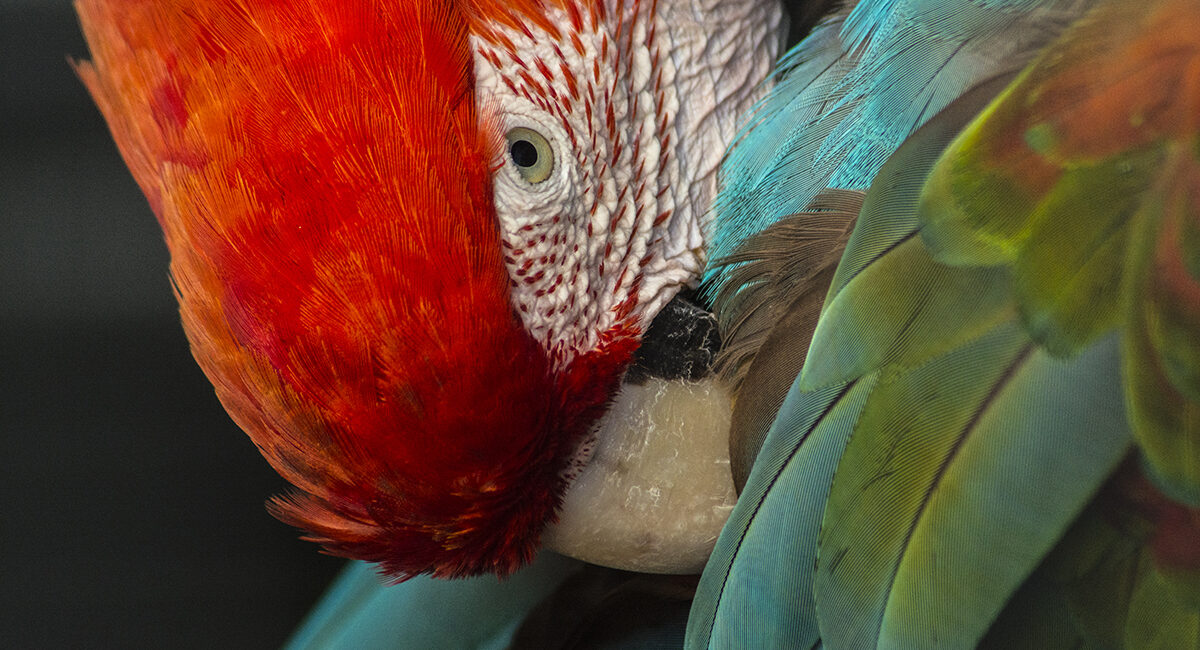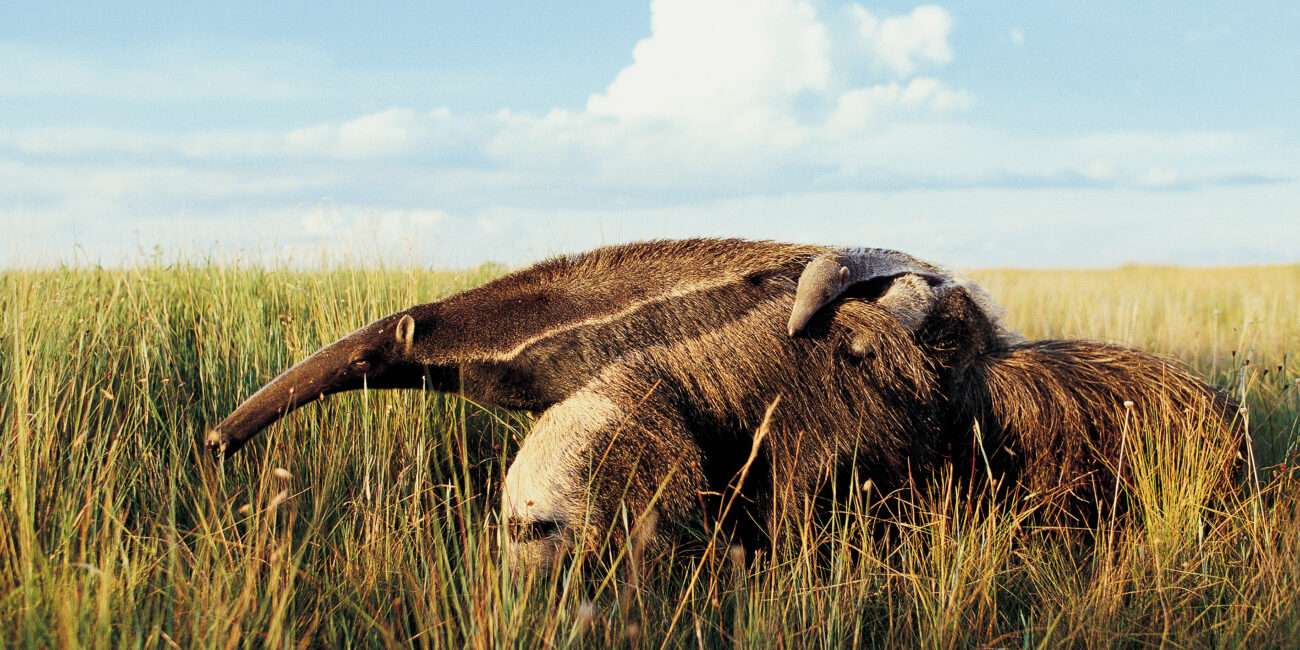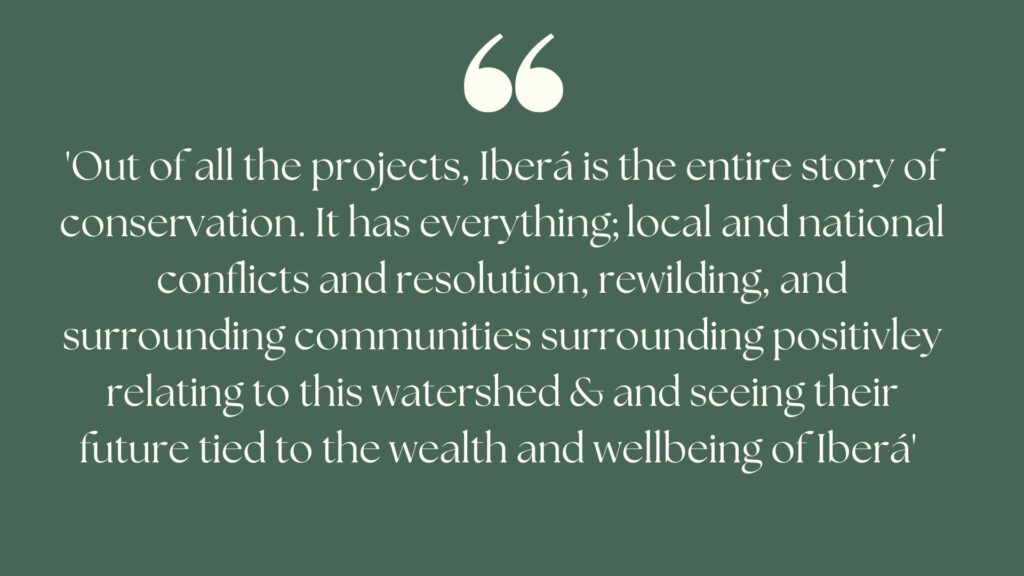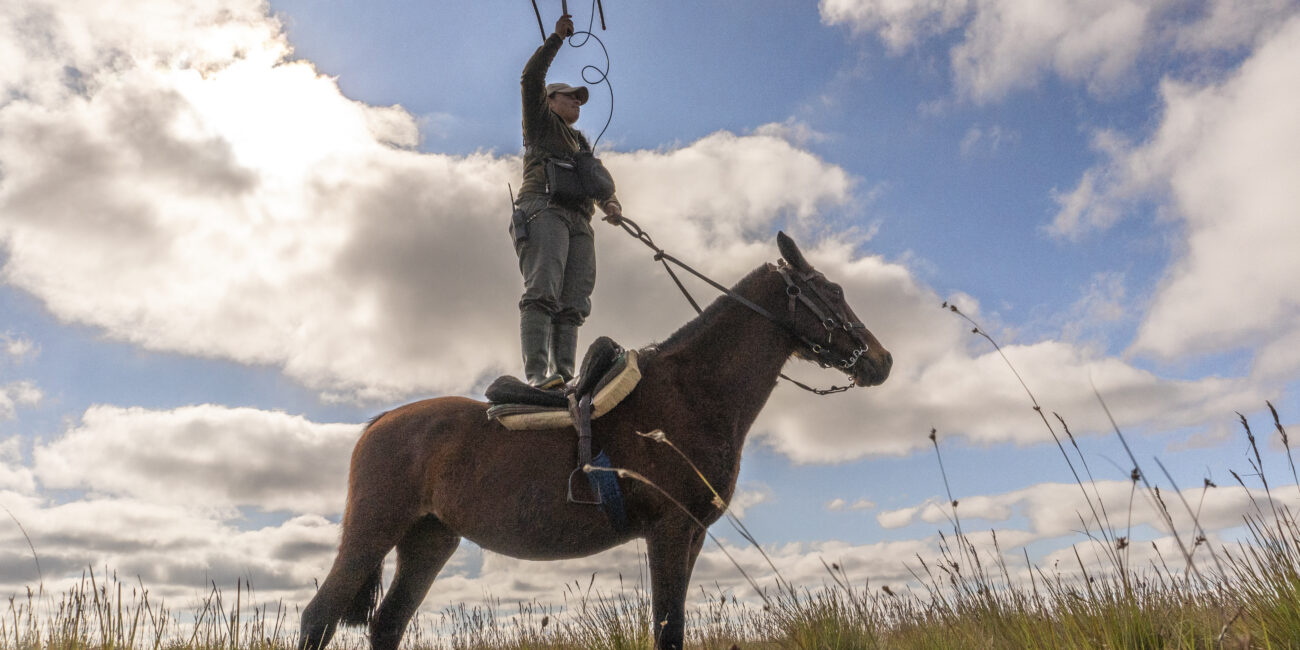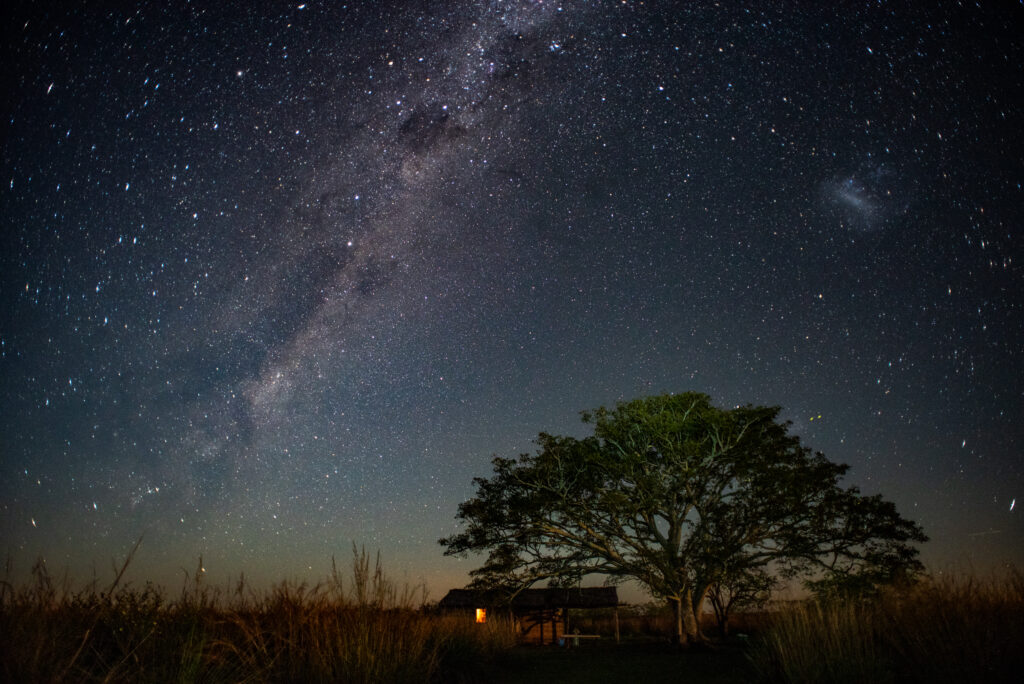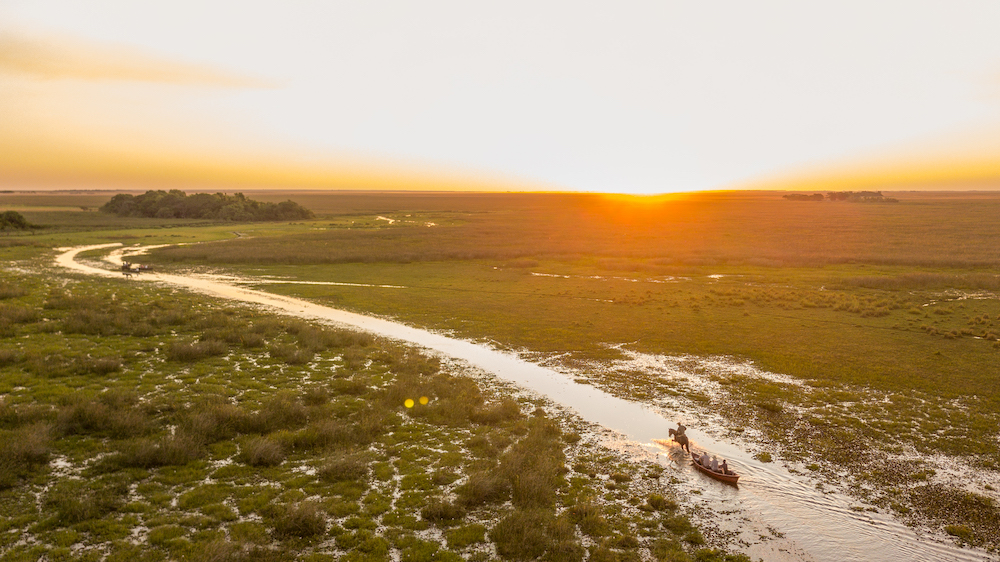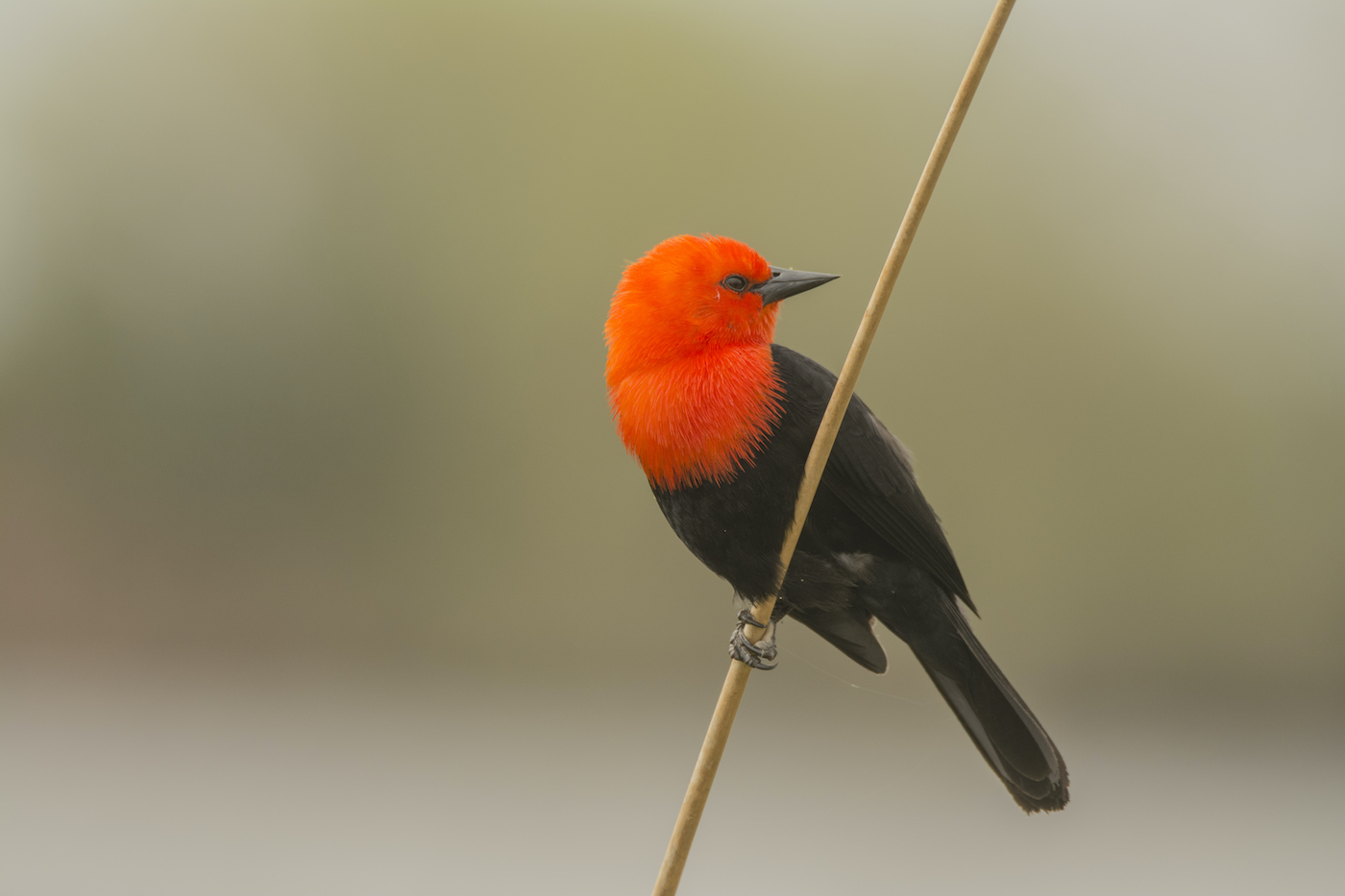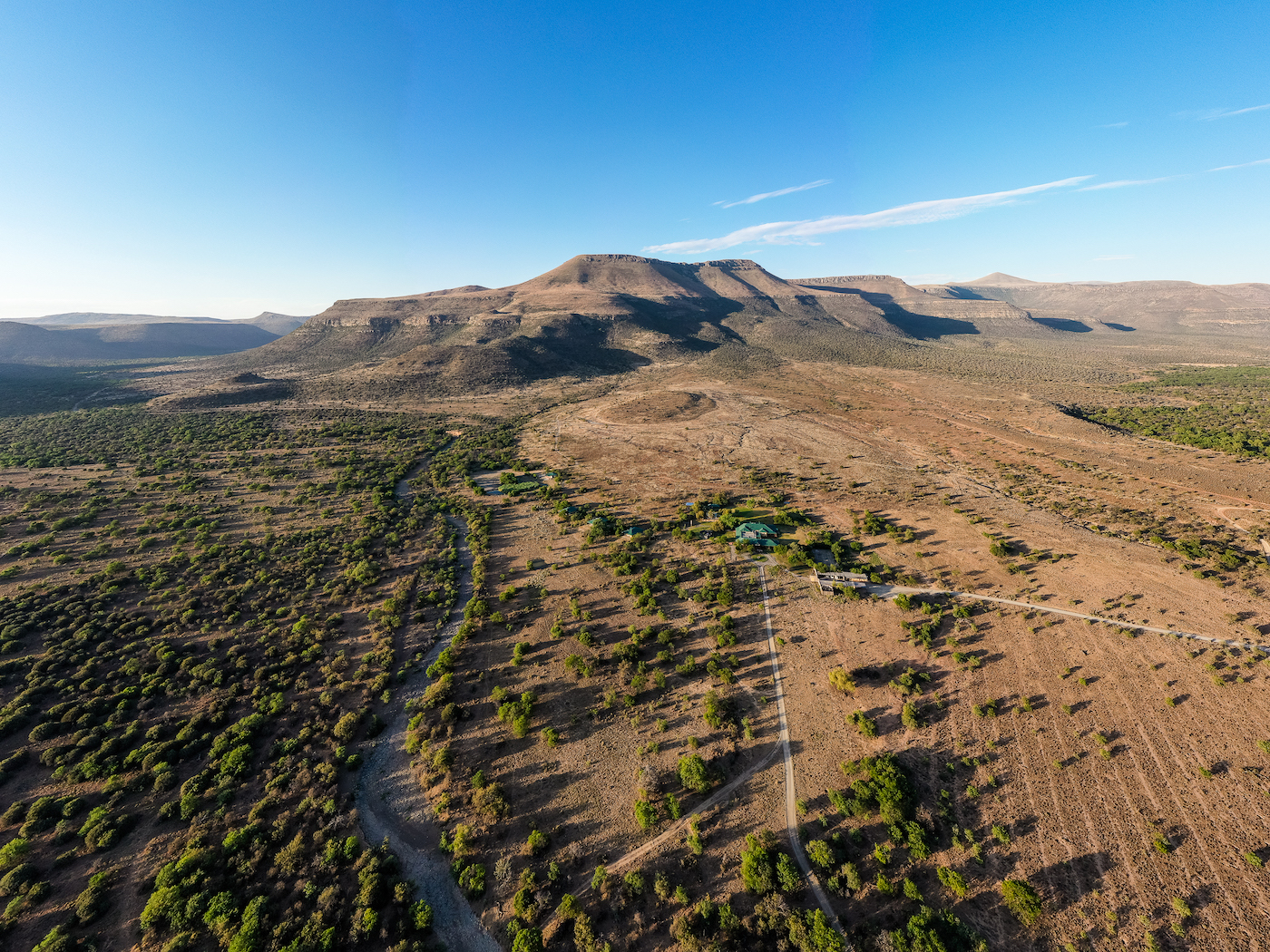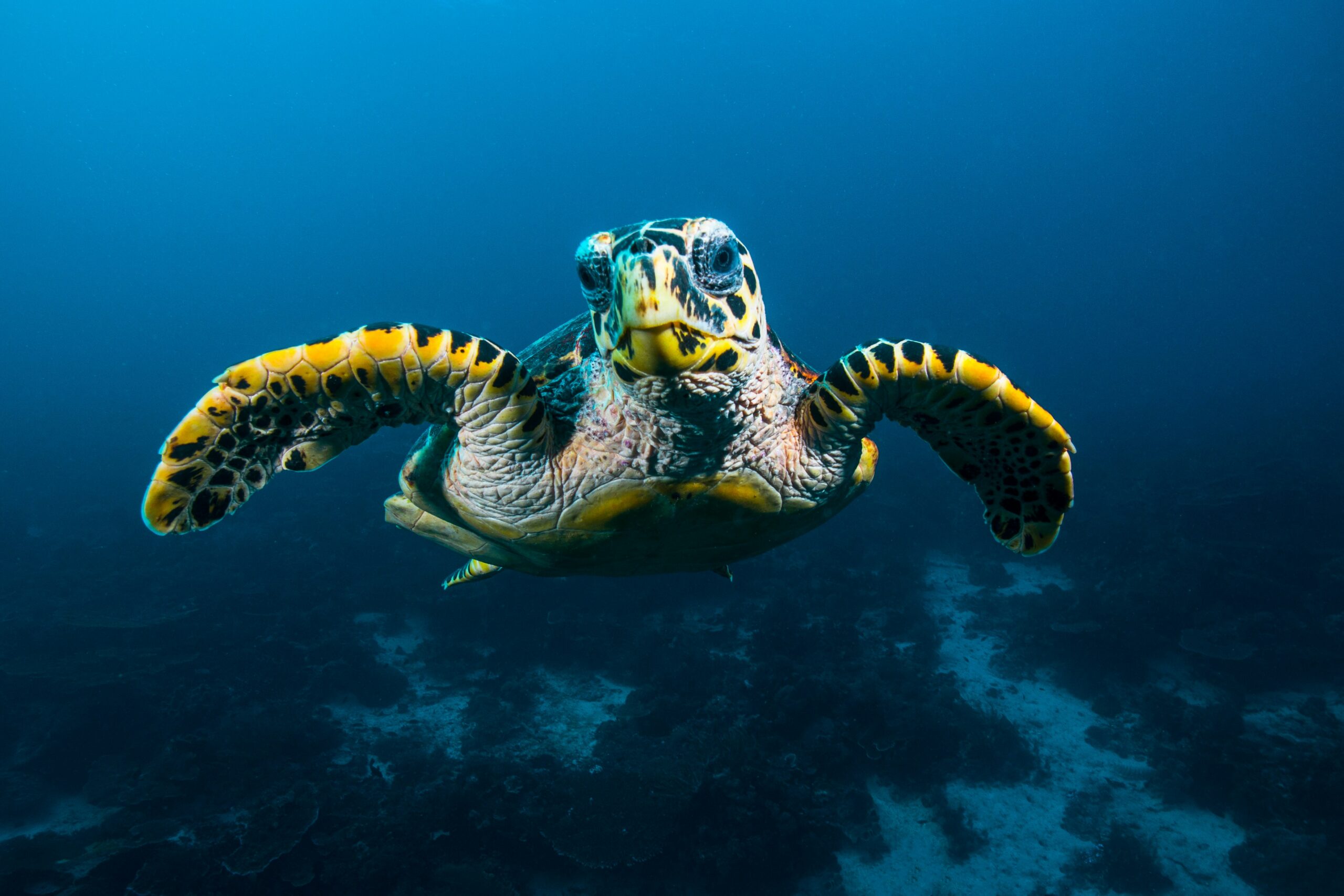What is Impact Travel?
Impact travel focuses on the positive impact travellers have on the local communities, culture, and environment. It is pinned on the idea of consciously taking responsibility to travel with purpose and make a positive impact.
Photo credit: Rafael Aubín
Duncan Grossart, founder of Journeys With Purpose, first visited Argentina in 1991 and promptly fell in love with the untamed diversity of the landscapes and the wild spirit of the southern cone. Considering the incredible steps in rewilding and conservation that the Tompkins’ had made in Argentina it was natural for Journeys With Purpose to create our founding experience with Tompkins Conservation to the iconic Iberá National Park in 2022.
Thirty years after his first visit, Duncan once again fell in love with the country, as this journey is the complete expression of how much Argentina has to offer and an encapsulation of Duncan’s love for the country and its people. Iberá National Park has now been recognised by National Geographic as one of 30 most exciting destinations to visit in 2024, and we couldn’t agree more!impact
Rewilding Iberá National Park
Impact Travel to Iberá
However, the impact of rewilding extends far outside of Iberá National Park.
Founded in 2010 by Argentinian conservationists and activists, Rewilding Argentina is a non-profit organisation created to confront the extinction crisis by restoring healthy functioning ecosystems, and promoting the well-being of local communities. As an offspring of Tompkins Conservation, their work is making tremendous positive impact around the entire country for landscape protection and the rewilding of the natural flora and fauna.
Amongst many incredible achievements, they proudly shared in their 2022 annual report the birth of four jaguar cubs in Iberá National Park in complete freedom, and two cubs born in El Impenetrable National Park from a trailblazing breeding initiative between a captive-bred and wild jaguar.
Journey to the Iberá Wetlands
Register for our upcoming Fireside Chat between Director of Rewilding Britain, Alastair Driver and Science Director of Rewilding Argentina, Sebastian di Martino on the 23rd January 2024.
Photo Credit: Matias Rebak
